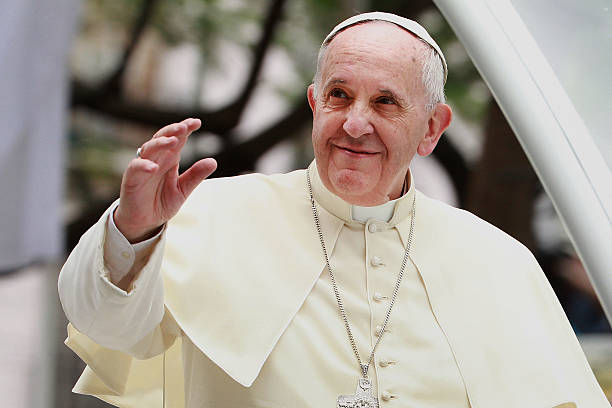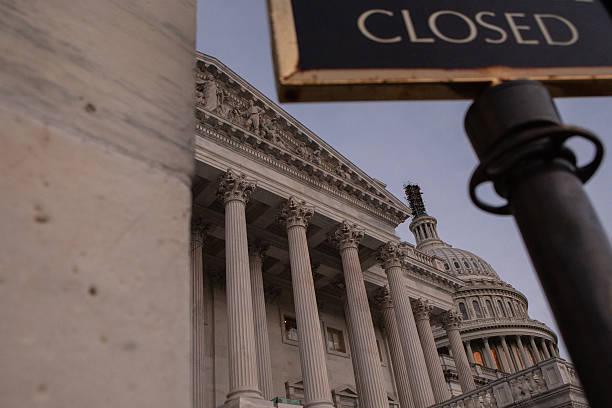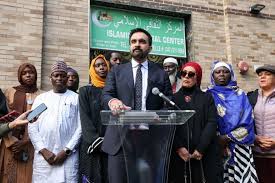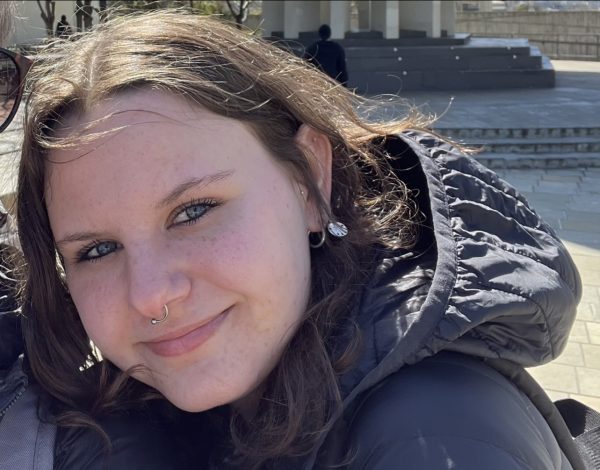Pope Francis, born Jorge Mario Bergoglio in Buenos Aires, Argentina, passed away on April 21, 2025, at the age of 88, due to a stroke. His death marks the end of a 12-year service characterized by humility, progressive reforms, and a deep commitment to social justice. As the Catholic Church and the world reflect on his legacy, his impact will leave a mark across continents and communities.
From the outset of his leadership in 2013, Pope Francis distinguished himself by selecting the name of the humble saint, Francis of Assisi. He embraced a simple lifestyle, choosing to reside in the Vatican guesthouse rather than the papal apartments, and frequently used public transportation. His approachability and concern for the vulnerable endeared him to people worldwide.
Pope Francis consistently advocated for the rights of the poor and refugees. He called for systemic change to address economic inequalities and environmental degradation. His papal letter, Laudato si’, emphasized the moral duty to care for the planet and its inhabitants, urging individuals and governments to act against climate change.
Throughout his service, Pope Francis sought to modernize the Catholic Church, advocating for greater inclusivity and openness. He promoted the role of women in the Church, supported LGBTQ+ rights, and encouraged a more pastoral approach to issues such as divorce and remarriage. These positions, while controversial to some, reflected his desire to make the Church more compassionate and relevant in the world.
In his final public appearance on Easter Sunday, Pope Francis delivered a blessing to a crowd of 50,000 in St. Peter’s Square, despite recent health concerns. His death the following day prompted an outpouring of tributes from around the world. Memorial services have been held around the world, with Italy, Poland, and Australia, reflecting his universal impact.
While Pope Francis’s influence was global, his relationship with his home country of Argentina was complex. He never returned to Argentina after he was elected pope, a decision that sparked debate. Some speculated that his absence was due to political tensions, while others believed it was a personal choice to avoid exacerbating divisions. Despite this, many Argentinians continue to honor him for his dedication to the poor and his role in the Church.
As the Catholic Church prepares for a conclave to elect a new pope, Pope Francis’s legacy will undoubtedly influence the direction of the Church in the years to come. His emphasis on mercy, inclusivity, and social justice set a precedent for future leaders. While his passing marks the end of an era, his teachings and example continue to inspire individuals and communities worldwide.
Pope Francis’s leadership was defined by a commitment to humility, reform, and global compassion. His legacy serves as a reminder of the power of faith to inspire positive change and the importance of leading with love and justice in a complex world.

















